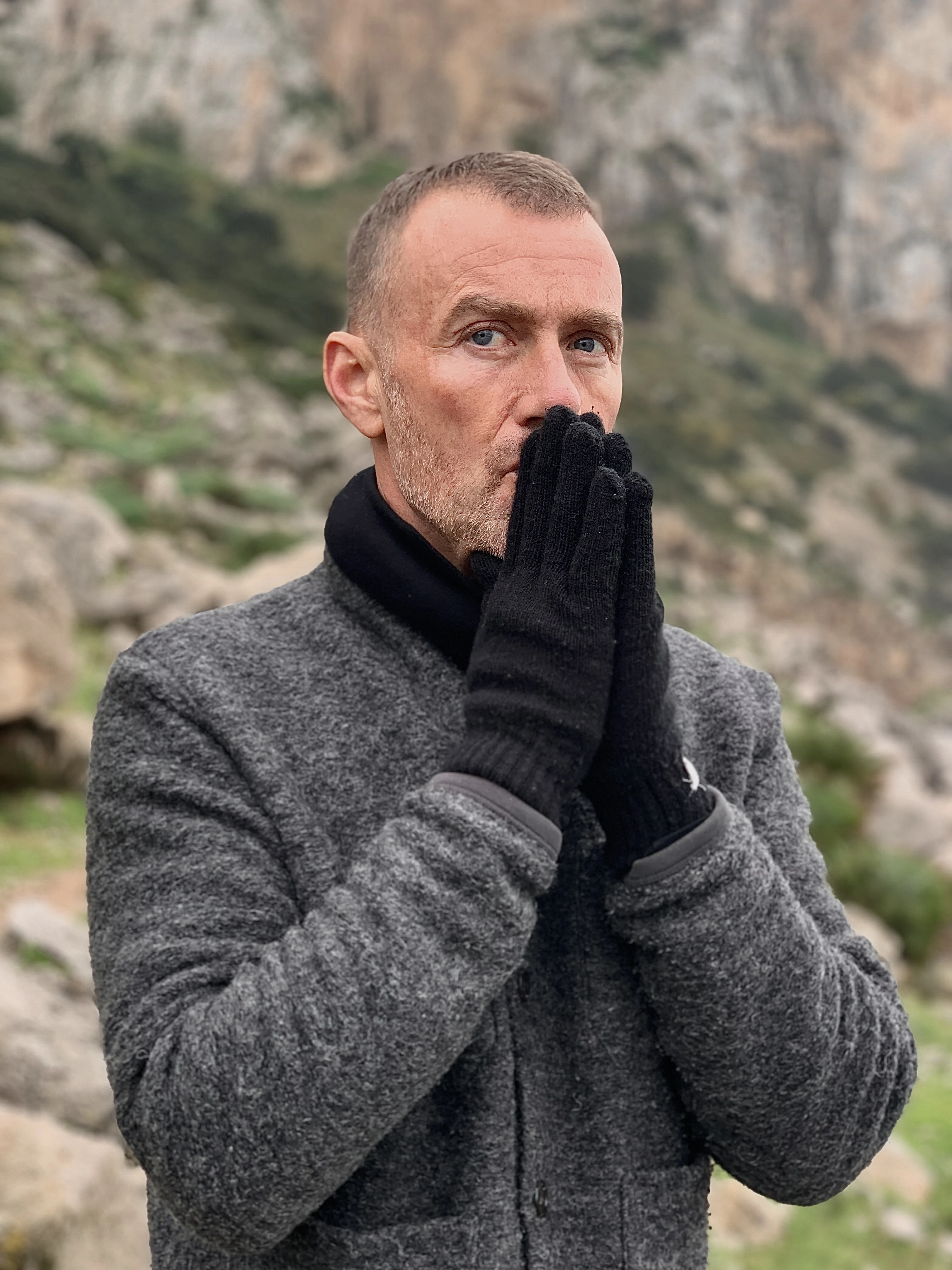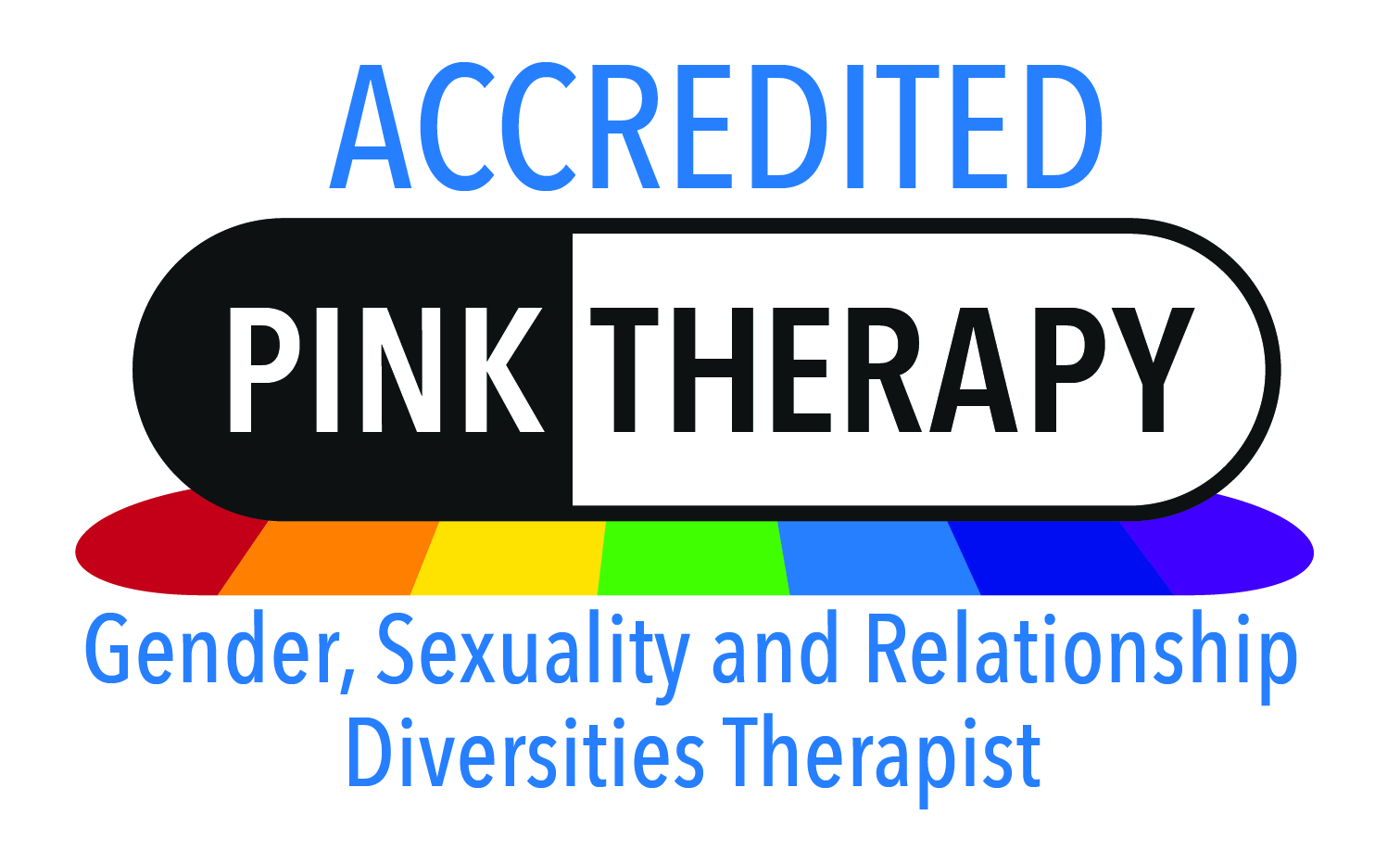Gareth Prosser
Psychotherapist in Gender, Sex, Relationship Diveristy (GSRD)
Compulsive Sexual Behaviours Psychosexual Therapist
Psychoanalytic Psychotherapist Attachment Based


About
My name is Gareth.
I use the pronouns he | him | his |
I currently work exclusively online
I am a Psychoanalytic Psychotherapist holding an advanced accreditation with Pink Therapy as a Gender, Sex, Relationship Diversity (GSRD) therapist. A diploma with the Contemporary Institute of Clinical Sexology (CICS) in Compulsive Sexual Behaviours, accredited by the College of Sexual and Relationship Therapists (COSRT).
My core training in psychoanalytic psychotherapy was at the The Bowlby Centre in London. An istitute that focuses on John Bowlby's important theory of Attachment. I practice clinically from a position of pluralsim as I believe not one approach or one idea can support the complexity of our human experince.
I am a full clinical member of the College for Psychoanalysis and Jungian Analysis (CPJA) a college with the United Kingdom Council for Psychotherapy (UKCP) and The European Association for Psychotherapy (EAP).
I offer therapy that is relational, sex-positive, collaborative, and LGBTQi+ affirmative. My lived experience is integral to how I work.
I draw on interventions and ideas from multiple modalities, namely, contemporary sexology, Gender, Sex, Relationship Diversity (GSRD). I will introduce ideas of Mindfulness and meditation within our work to support the difficult and challenging times in life we all experince.
In addition, I have been trained to work therapeutically in a trauma informed way.
Areas of Specialism
I specialise in working with all people looking to explore their Gender, Sex and Relationship Diversity. My specialisms include Compulsive Sexual Behaviours (CSB), Clinical Sexology for Men who have Sex with Men (MSM), how to think about parenting and the complexity of our attachments.
I am passionate about working with the LGBTQi+ community in a variety of ways and have a particular interest in working with men who are questioning or confused about their sexuality or want to find acceptance within their sexuality. People who have entered a heterosexual marriage where questions regarding sexuality have arisen later.
I work with people experiencing Compulsive Sexual Behaviours (CSB). Whilst these behaviours can be considered an ‘addiction’ such as sex addiction or porn addiction by many professionals, it is important to know that I do not practice from an addiction model or view these behaviours as being an addiction. This is in line with the latest contemporary thinking from sexology. I support fully the need to ban the harmful practice of conversion therapy.
I work well with BDSM, kinks, kinksters and fetish.
For men who have sex with men (MSM) and who want to talk about the use of Chems or Chemsex, please contact me. Chemsex is not always manageable for everyone. We can discuss whats happening and where appropriate signpost to some great organisations that are able to offer the right support. Safety is paramount.

Attachment
Attachment is the quality of emotional relationship we develop to the primary person looking after us. It can be helpful to understand our style of attachment as it offers insight into how we felt and developed in our childhood. It helps us to think about the ways we might be emotionally restricted as adults and what we can consider changing to enhance the quality of our relationships. It can offer support facing up to some of the feelings and fears we may have long hidden from ourselves especially when early relationships went awry or were disrupted in some manner.
Attachment focused psychotherapy can help us to understand our early relationships and how they formed, placing into context how the dynamic nature of those relationships we carry, play out in adult life with friends, lovers, children, parents, romantic partners, and ourselves.
Attachment thinking considers the importance relationships can offer to our human growth and individual development throughout life, regardless of how we define relationship.

Considering Psychotherapy...?
During the 90 minute consultation there will be plenty of space to tell me about what brings you to therapy. An opportunity to put words to often complex feelings and experiences. We might be confused by something, trying to make sense of ourselves in the world we live in or needing a space to unpack something we have encountered in our life. It might be none of these.
I trust that you know what it is that makes you reach out to seek professional support.
The consultation enables us both to meet one another face to face in the online space and for you to ask questions regarding therapy, my approach or anything that feels important for you to know. A consultation is not an agreement of starting ongoing therapy.
Beginning therapy requires careful consideration from both therapist and client. At times it will feel difficult, even uncomfortable however, supportive towards a commitment for deeper self understanding and change. The safety of a therapeutic relationship can create an intimate space for you to explore yourself in different ways that are often diffciult in everyday life.
What to expect
Weekly sessions consist of 50 minutes unless otherwise agreed, arranged on a set day and time each week. Generally sessions are weekly, however you might prefer a frequency of twice or three times a week.
Psychoanalytic psychotherapy is open-ended therefore ending therapy will be something to discuss when the time arrives.
Shorter therapy 6-12 sessions or time focused therapy e.g. 1 year can be discussed during the consultation.
